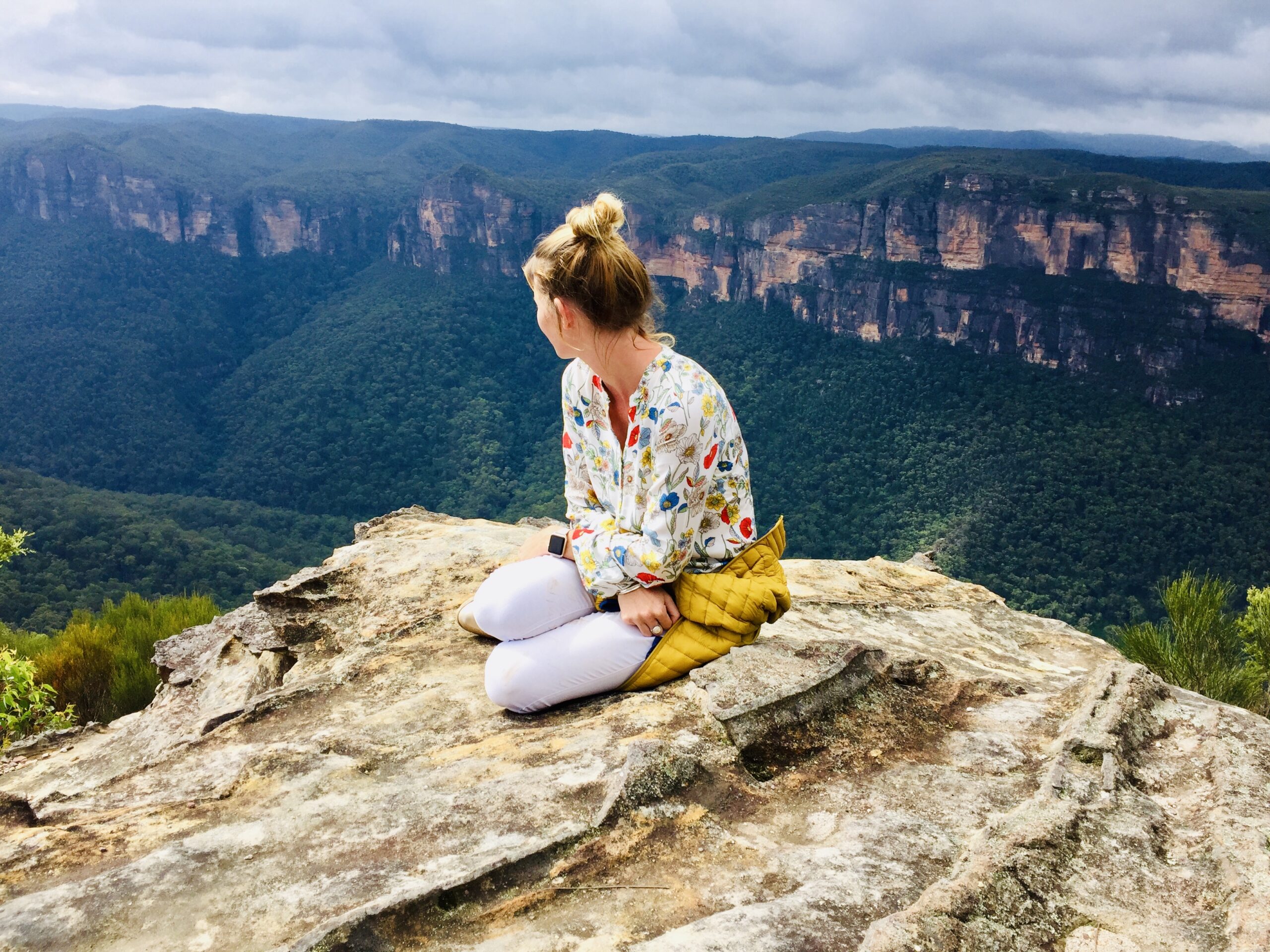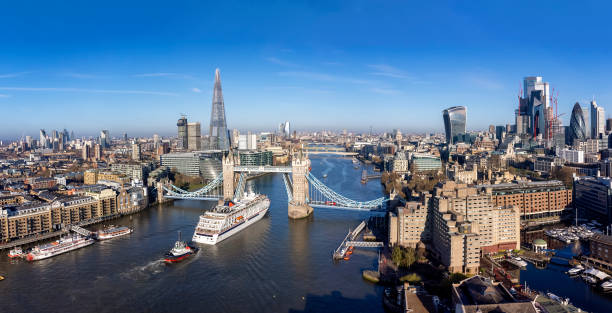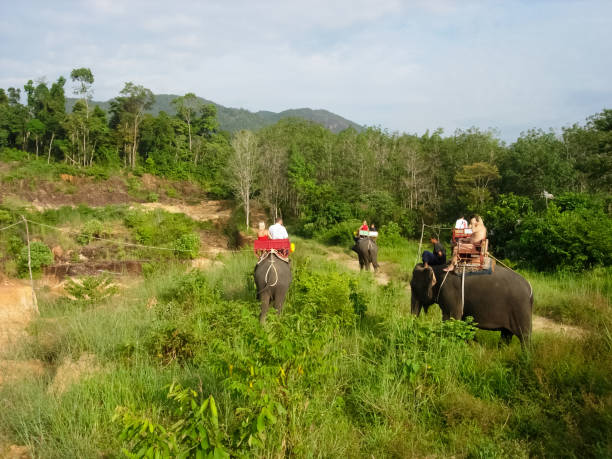Tips for Staying Safe While Travelling in Australia During Coronavirus
People may travel to Australia as COVID-19 restrictions start to loosen in certain areas. The virus could be spread unnecessarily by your choices in the coming months.
The government recommends that domestic travel be avoided. Some states and territories have taken local measures. You can review the information for your state or territory to find out about any restrictions currently in place on domestic travel.
These safety guidelines are important if you travel.
Find out if it is safe to travel.
Each situation will determine how safe travel is during an outbreak. Travel risk is affected by age, health, underlying conditions and travel to areas.
Pre-Existing Conditions
COVID-19 complications are more common in people with pre-existing medical conditions. People who have had their medical history confirmed by COVID-19 include chronic diseases such as diabetes, heart disease, hypertension, cardio-vascular illnesses, cancer, and other chronic conditions.
Age and COVID-19
COVID-19 is fatal and can cause death at any age. However, the risk of complications or death increases significantly after the age 65. The fatality rate for people between 10 and 39 years old is approximately 0.2%. But, age doesn’t change the risk of infection. COVID-19 may increase the chance of death, but it does not change the probability.
No matter what age, travellers must take precautions to reduce the chance of being exposed. Since the pandemic outbreak, the largest contributors to the cases in Australia have been those aged between 20 and 29. This is due to lifestyle factors. This group is less likely to die from the infection but may be more likely to spread the disease to others. This is something you should consider when returning from travel.
Travel Destinations and COVID-19
Travellers should carefully consider where they will be traveling and the current case statistics. In states with high infection rates, extra precautions may be necessary.
Stay committed to social distancing, hygiene
Infection rates could rise if you are not careful about hygiene and social distancing. Travellers must practice exceptional hygiene and social distancing by:
- Keep to 1.5m distance from others whenever possible
- It is important to wash your hands often, especially before you eat.
- Individuals should not go to the hospital if they have fever or other respiratory problems. For further medical advice, you may want to consult your doctor.
Additional COVID-19 Measures
To prevent COVID-19 spreading to others, you should take the following steps.
- Don’t touch your face with unwashed fingers.
It would help if you did not touch your eyes, nose or mouth while in public. COVID-19 can live on surfaces for hours. You can easily spread it to others if you touch infected objects and then touch your skin. Some states require the wearing of masks. - Avoid crowds wherever possible.
It is hard to maintain the recommended 1.5m social distance when people surround you. Avoid crowds and events with large numbers of people, such as crowded shops. This is especially important if your destination has a high rate of coronavirus cases. To reduce your risk, you might consider wearing a face mask if you cannot socially distance yourself. - For notifications, use the COVIDSafe App.
It is possible to download the COVIDSafe App to receive instant notifications if exposed to anyone with COVID-19. This will give you the chance to be tested early and speak with a doctor. You can also self-isolate if needed. - Get medical attention immediately if you have symptoms.
Don’t go out in public if you are experiencing symptoms like fever, coughing, difficulty breathing, or other signs. To avoid spreading the disease to others, wear a mask whenever possible. Take the COVID-19 test and isolate your body until you get the results. For further assistance, you may contact the National Coronavirus Hotline. - Keep an essential hygiene kit with you.
You will need plenty of hand sanitizer, disposable and reusable masks, as well as disinfectant wipes. This kit is ideal for situations when hand washing is not possible. - Remove frequently touched objects.
Make sure you disinfect all objects you touch often. Disinfectant wipes can be used to clean objects that are frequently touched, such as smartphones and other items you use often like your wallet or purse.




Post Comment